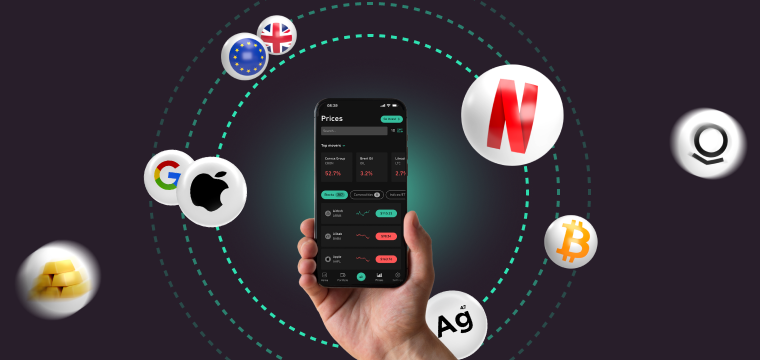Try explaining Bitcoin to someone back in 2010. It was nearly impossible for most people to wrap their heads around, much less accept!Nearly eleven years later, the conversation is still growing. Widespread acceptance of the digital currency has resulted in broader adoption among private and corporate entities, but the explanation of how this works, and why it works well, is still a tricky topic. It leaves many wondering about its security; public ledgers, digital, distributed, what do these mean?
Blockchain: The Ultimate Record-Keeper
In the most basic sense, Bitcoin’s blockchain is simply a record keeping technology using a distributed ledger. That means anyone can view it - every transaction from the beginning of Bitcoin to the last purchase someone made for concert tickets.The block: Bitcoin blocks are digital information, put simply. A block is a store of information that includes transaction dates, times, and dollar amounts. It also lets you know who made the transaction to some degree of anonymity. Your information is displayed only as a digital signature.
The chain: Bitcoin’s chain is most easily recognized as a public database of information. Blocks are added in ongoing positions known as heights. From 2009 to January of 2020 there have been approximately 615,000 positions added to the chain - that’s 615,000 blocks that could each contain up to 1 megabyte, or thousands of transactions, each.

Blocks: Security through Complexity
Each block on the Bitcoin chain has a unique hash. A hash is a specific set of numbers and letters automatically generated based on the data in the block.
1e921ac37c88d4eff5336359623f9edafaa1ddfa404afe2389f3f6b815b67429

It's nearly impossible to guess and even harder to alter, as we’ll explain shortly.Okay, so possibly thousands of transactions done by real people are grouped together and added to a block; these blocks have a unique hash attached to them. What then? Verification. Confirmation. The costly key to Bitcoin’s blockchain is the energy consumption behind the thousands of computers, known as nodes, backing it up. Nodes are computers that are given their own copy of the Bitcoin blockchain ledger. Spread out among thousands and thousands of nodes, these ledgers all back each other up. When data doesn’t match (remember that complex hash?) the information is disqualified and not added to the chain, but if all these nodes confirm the potential block is accurate then the block is added and a new height is created on the blockchain. And you can see every one of the added blocks and unique transactions - that’s what a public, distributed ledger is. Verified information for everyone to see.
Hackers: What it would take
When someone wants to cause some trouble, steal some money, and mess things up, they generally will go for the best earnings possible for the safest and most minimal amount of effort. If someone wanted to mess with the Bitcoin blockchain they would have to control 51% of the computing power on the network. Because copies of the blockchain are spread out among thousands of computers, every individual copy of the newly added blocks would have to be manipulated and edited in the exact same way and verified by more than half of the nodes operating on the chain.Prior information on the blockchain is impossible to edit. Old blocks will always remain the same. New blocks require thousands of node verifications that show every single piece of data in every unique hash is accurate to include transaction dates, times, and identifiers. Difficult to edit and virtually impossible to delete.
The Immutable Trust Protocol
Bitcoin takes the power away from one person and puts it in the hands of a community. That community wants it to succeed. Nodes verify blocks and blocks require their confirmation solely to be verified - thousands of them simultaneously.It’s immutability and trustworthiness continue to gain the eyes of financial corporations, governments, compliance teams, and others as Bitcoin’s use-cases grow and flourish worldwide.
Download the Change App to buy and sell Bitcoin commission-free and order your crypto-friendly debit card. Available in Europe for iOS and Android.








